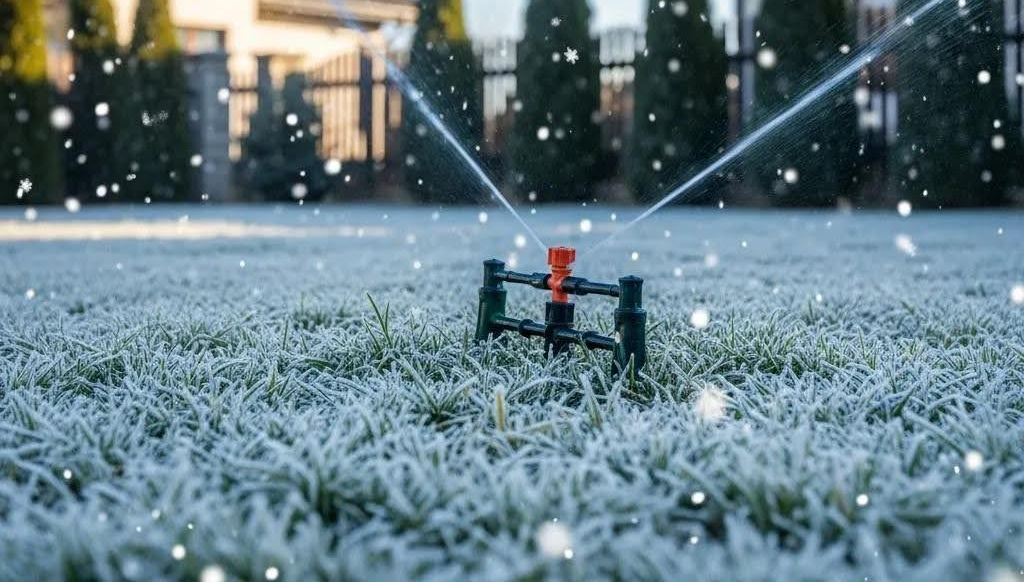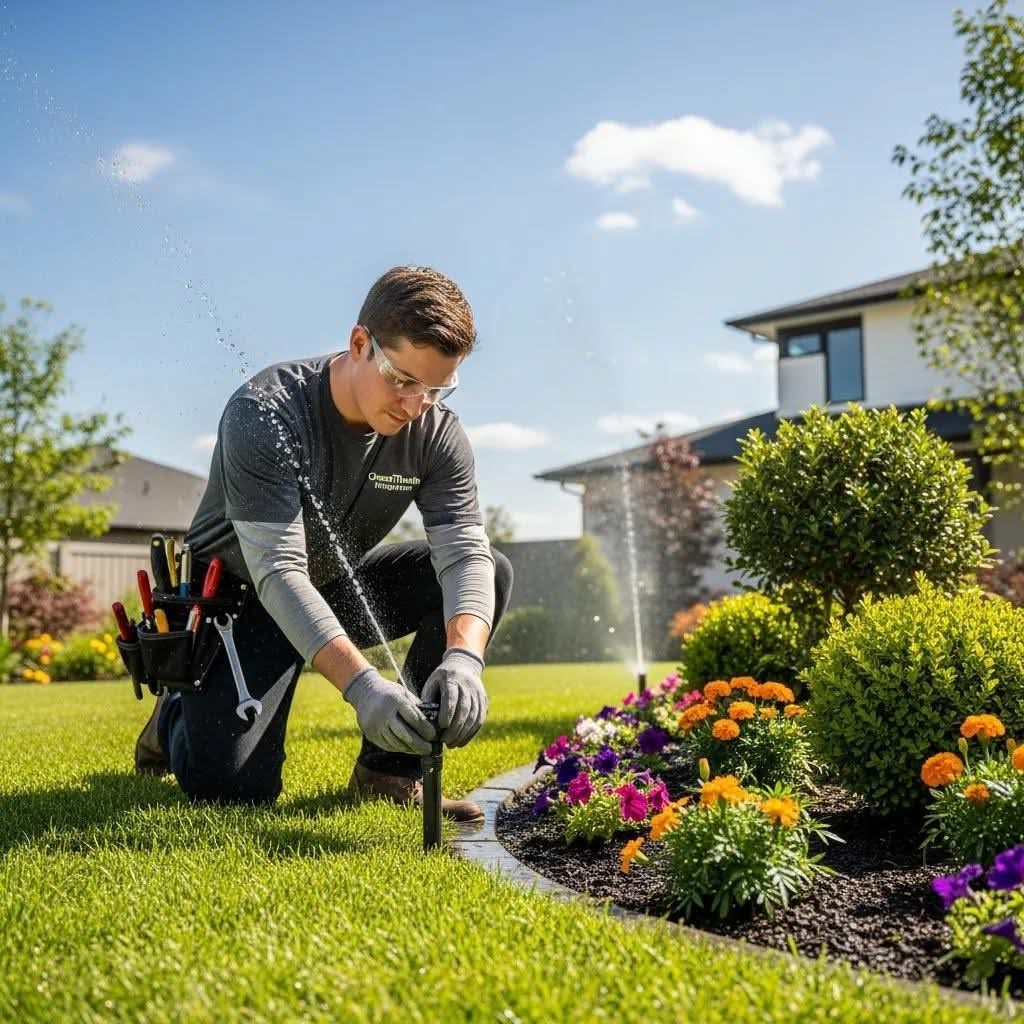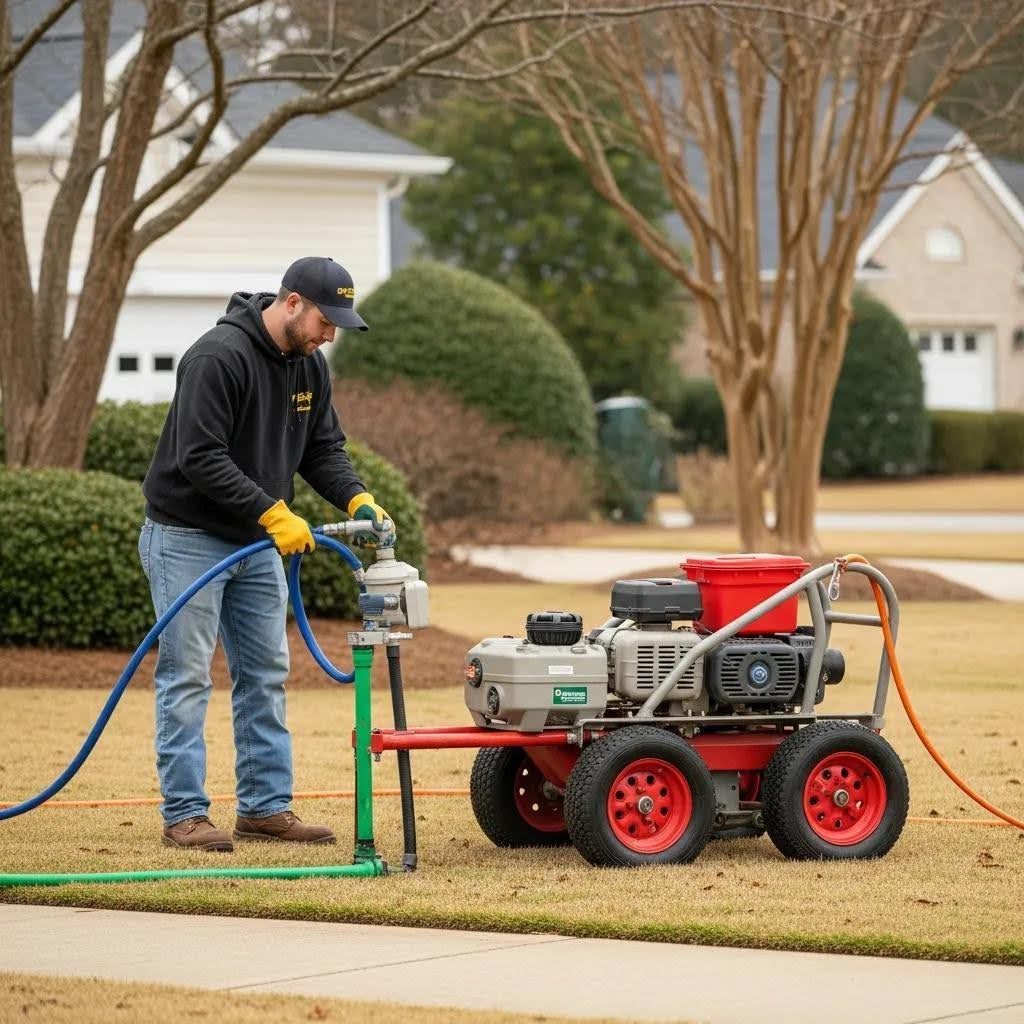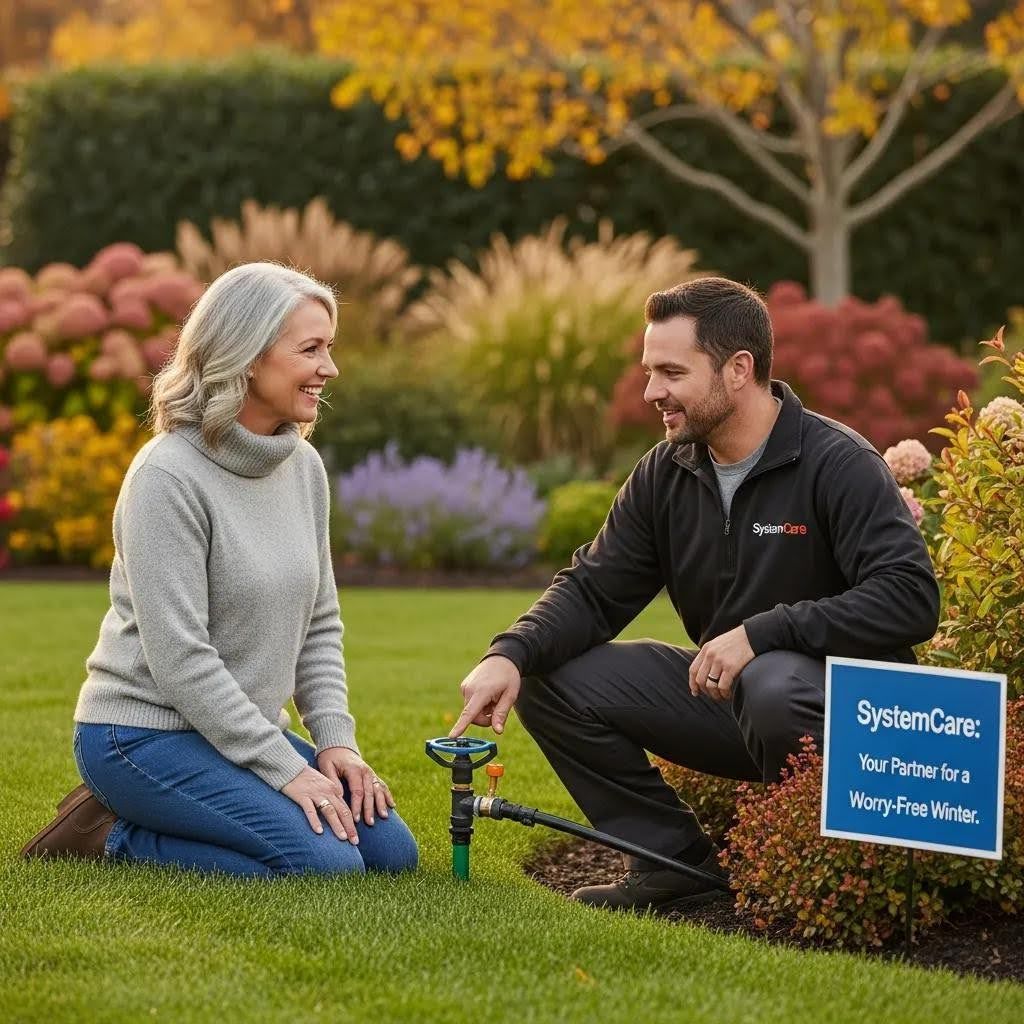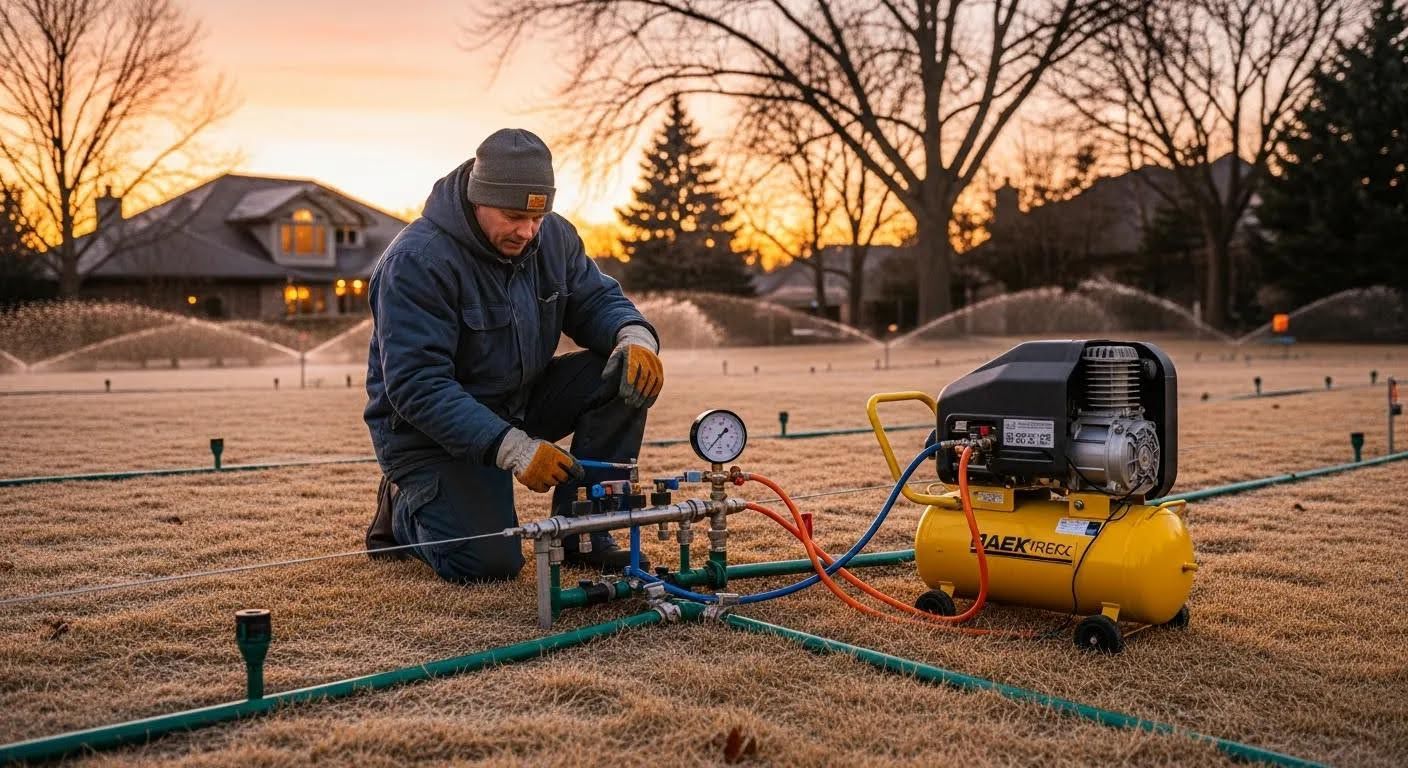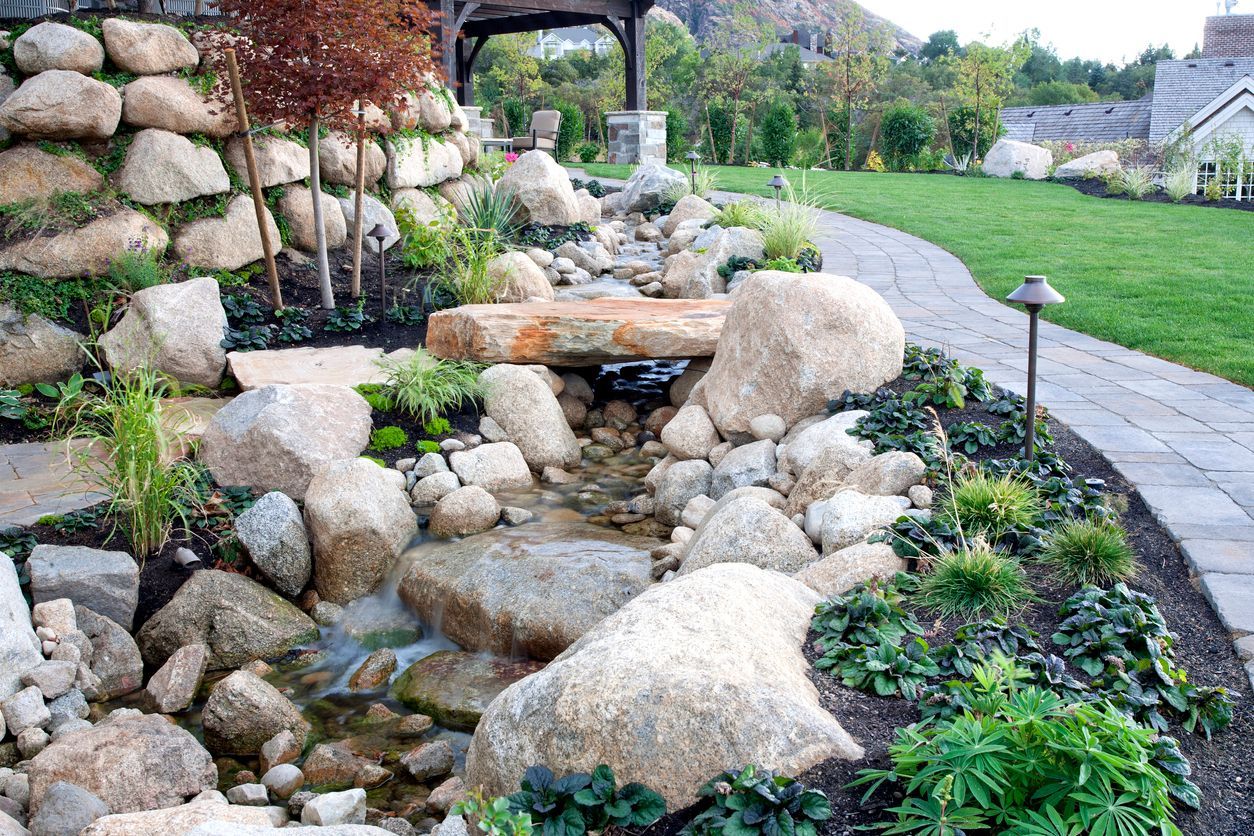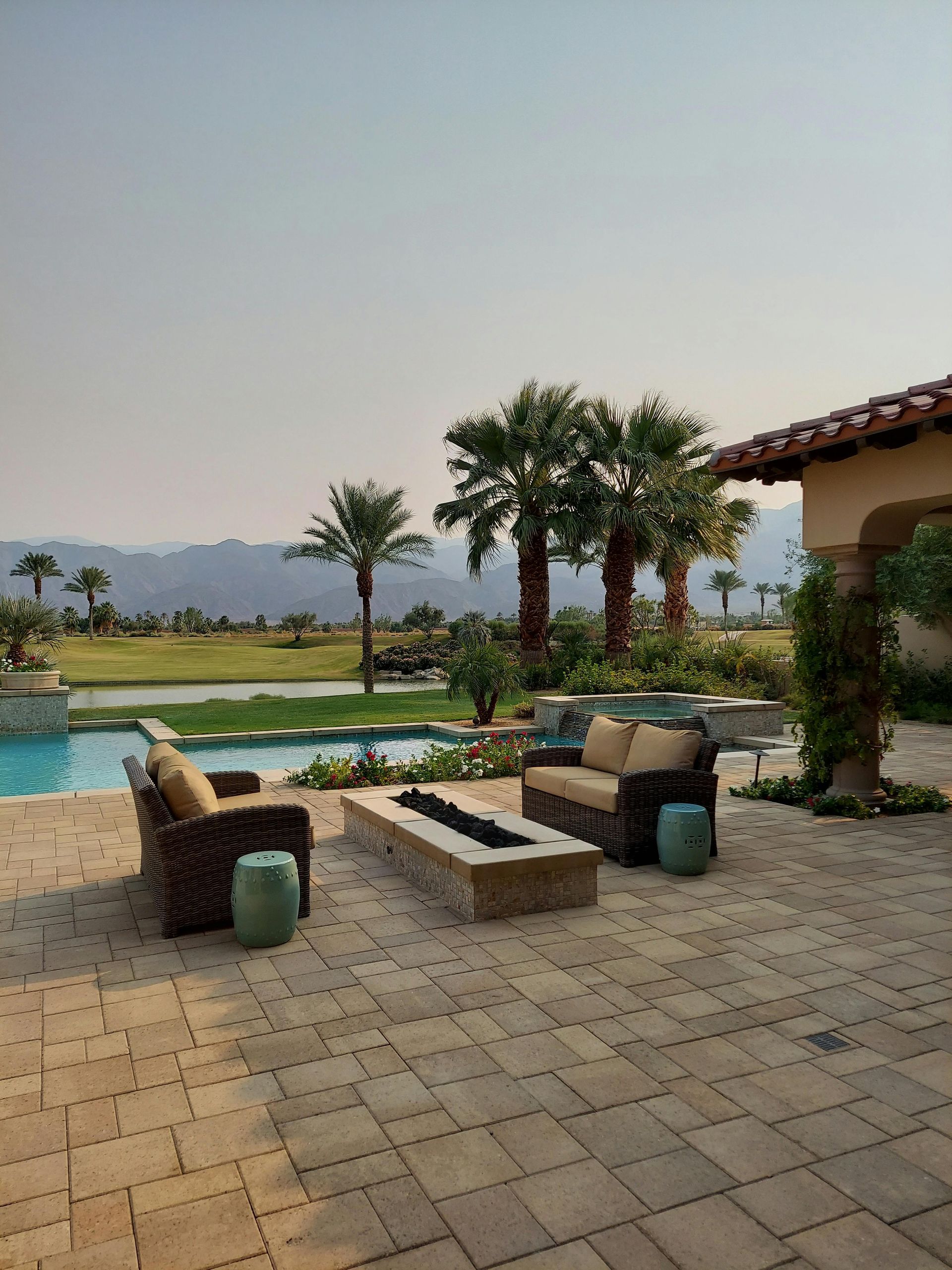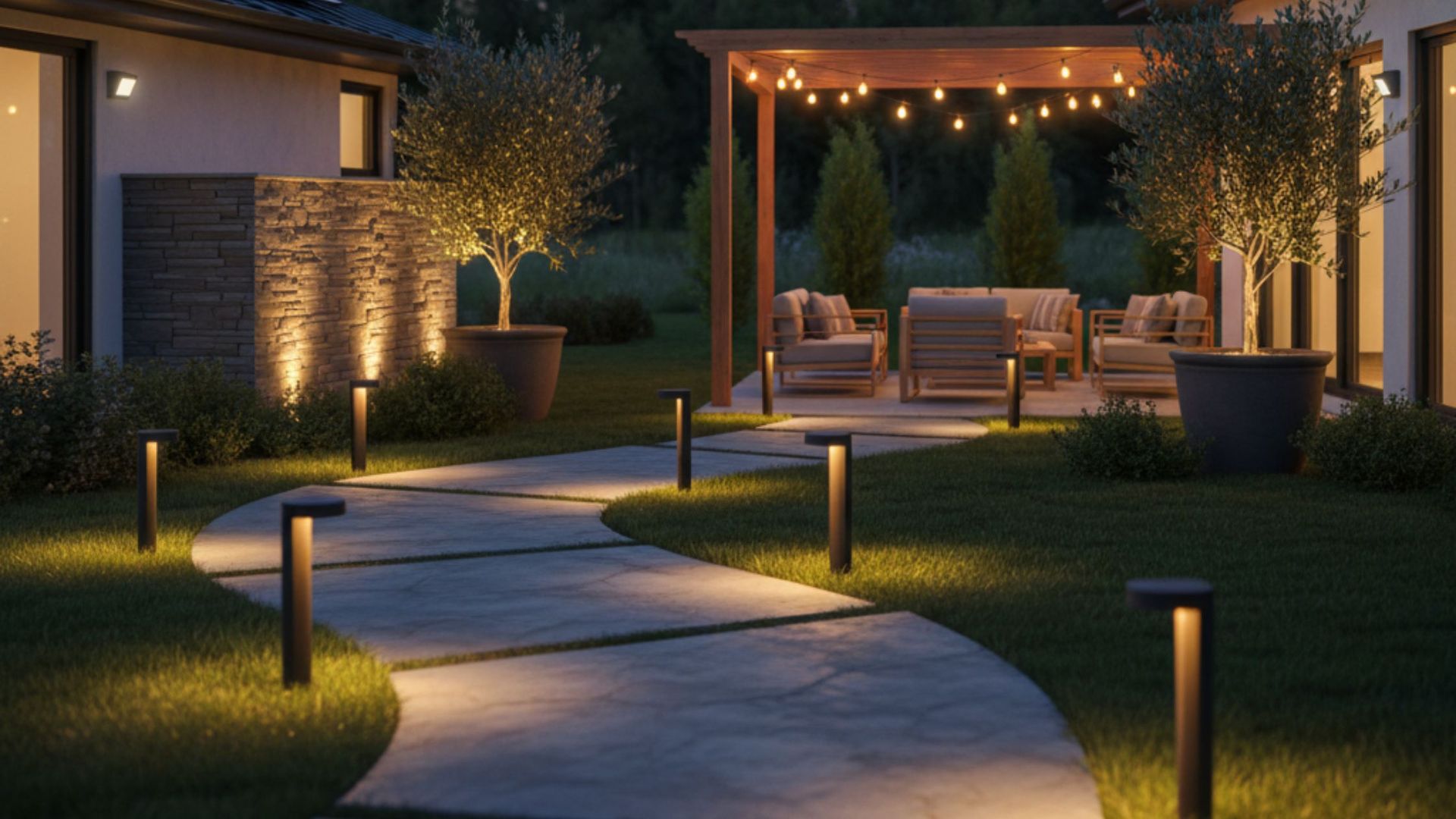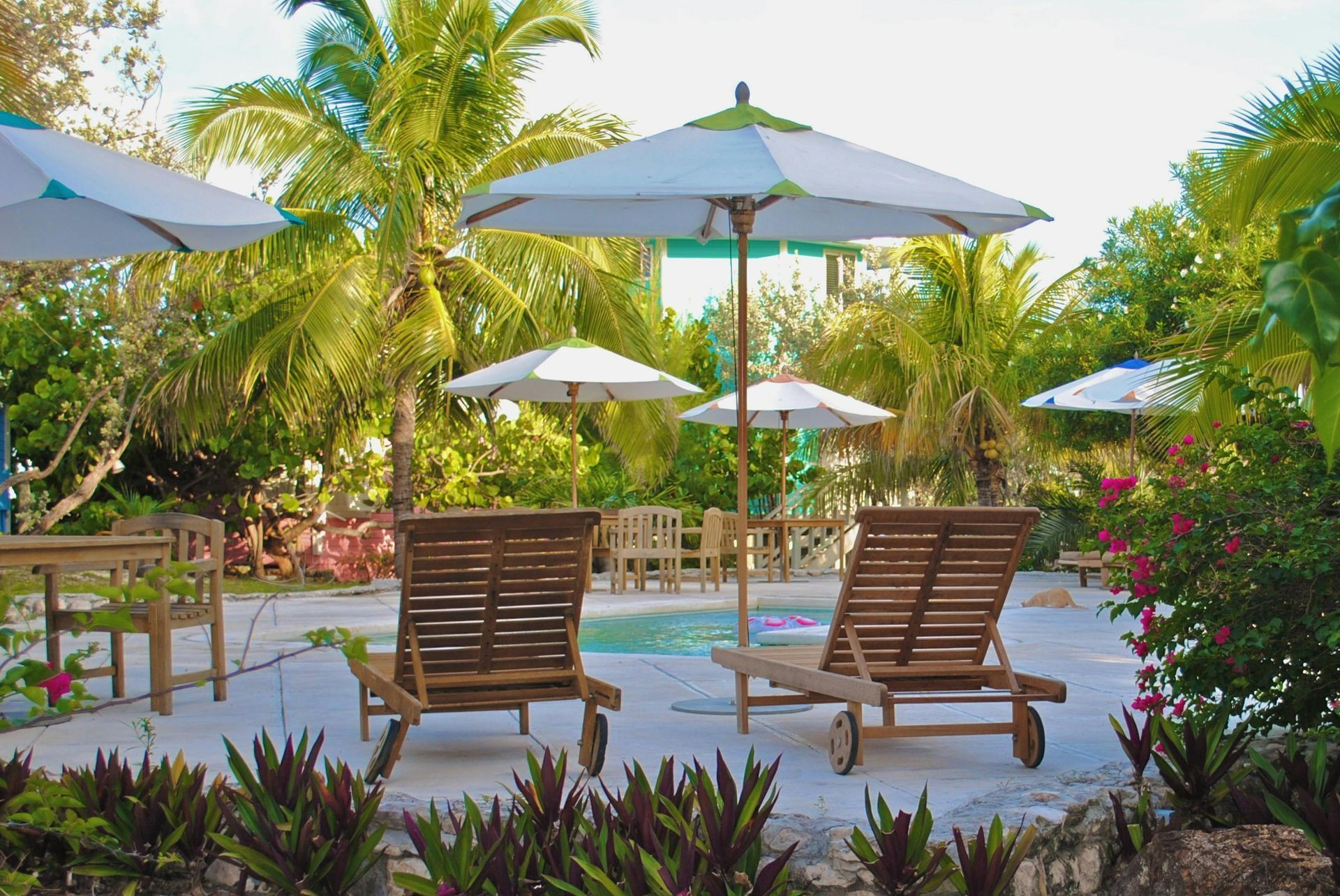How Much Does a Paver Patio Cost to Install in Hampton Roads?
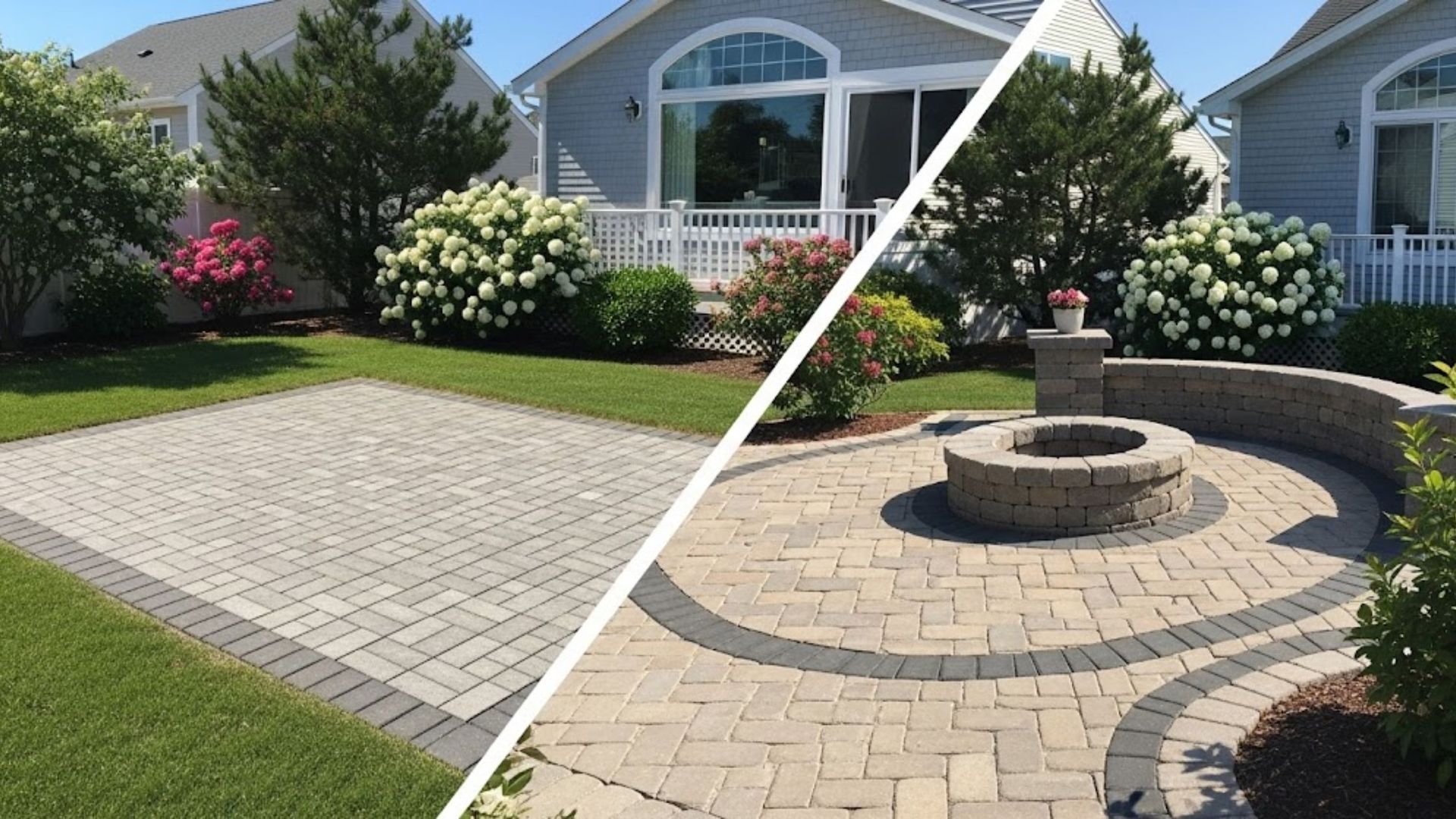
Installing a paver patio can transform an outdoor space into a backyard retreat, but many homeowners wonder what that upgrade will cost. From initial site preparation to final joint sealing, every step contributes to the overall price. A Paver Patio Contractor Hampton Roads with local experience can provide a detailed breakdown, giving you clarity on labor rates, material quality, and design complexity in this unique coastal region.
How much will it cost to install a paver patio in Hampton Roads?
Homeowners in Hampton Roads typically pay between $15 and $30 per square foot for a classic sand-set paver patio, depending on paver style and base preparation. Higher-end natural stone options like travertine or flagstone can push costs to $35 or more per square foot, while basic concrete interlocking pavers land closer to the lower end of the range. Site conditions—such as grading, existing vegetation removal, and drainage modifications—can add $2 to $5 per square foot to the project estimate.
Beyond the per-square-foot rate, additional features such as integrated fire pits, seating walls, or outdoor lighting affect the final invoice. It’s common to add 10–15 percent to material quantities for waste and cutting allowances, especially when using angled or herringbone patterns. Contingency for unexpected subsurface obstacles, like large roots or hidden utilities, is another key line item in most hardscape quotes.
Why choose a Paver Patio Contractor Hampton Roads for your project?
Engaging a Paver Patio Contractor Hampton Roads means partnering with professionals who understand local soil types, the high water table, and Virginia’s building code nuances. These specialists have refined their paver patio estimate Hampton Roads process over years of installations, ensuring accurate bids that reflect real-world conditions. Their familiarity with regional suppliers also translates to optimized material sourcing and bulk discounts on premium pavers.
Moreover, certified contractors carry appropriate licensing, bonding, and insurance—protecting homeowners from liability and ensuring any building permits or inspections are handled correctly. A reputable contractor will walk clients through every phase, from base compaction levels measured in PSI to the selection of polymeric joint sand that resists weed growth and insect infiltration.
What factors influence paver patio installation costs in Hampton Roads?
Material selection plays a major role in budget planning. Sand-set concrete pavers are an affordable, durable choice, while permeable pavers designed for stormwater management can cost 20 percent more. Natural stone options such as bluestone, travertine, or flagstone require specialized cutting and irregular base work, raising both labor and material line items.
Site preparation is another cost driver. Leveling uneven ground, installing proper drainage pipes, and building retaining walls to manage slopes all add to excavation and labor expenses. Soft soils or clay substrates may require import of clean aggregate, which costs $30 to $50 per cubic yard delivered, plus installation fees.
Design complexity also impacts pricing. Standard stacked or running bond patterns install faster and incur fewer cutting charges than intricate geometric or custom logo inlays. Pattern variances, border accents, and color variations all require additional planning time and precision layout, typically charged by the hour or as a project-specific design fee.
Breaking down the cost per square foot in Virginia
In Virginia, average paver material costs range from $4 to $6 per square foot for standard 3 cm thick concrete units. Labor rates vary between $6 and $11 per square foot based on installer experience, crew size, and project complexity. When these figures are combined, most paver installations in the region fall between $10 and $17 per square foot for a basic sand-set patio.
Flagstone or premium clay brick pavers can drive material costs up to $15–$19 per square foot, with a corresponding increase in labor to handle irregular shapes and specialized cutting. Permeable paver systems, which often require geotextile membranes and deeper aggregate bases, average $12 to $20 per square foot installed. Ordering 10–20 percent additional material to account for breakage and pattern cuts is standard practice.
How to get an accurate paver patio estimate in Hampton Roads
To obtain a precise budget, schedule an on-site consultation where your contractor assesses soil conditions, slope, drainage requirements, and access constraints. Many local companies provide free initial visits, measuring the intended patio footprint and discussing preferred paver styles, edging options, and any hardscaping additions such as fire pits or built-in seating.
For complex layouts or larger projects, consider requesting a 3D design plan and itemized cost breakdown that includes excavation, base layers (typically 4–6 inches of compacted crushed stone), bedding sand, paver installation, joint filling, compaction, and cleanup. This transparent approach prevents surprises midway through construction and ensures that both the homeowner and the contractor agree on project scope and deliverables.
Integrating Paver Patio Contractor Hampton Roads into your planning process guarantees estimates aligned with local pricing trends and realistic timelines. Experienced contractors will also highlight permit requirements, HOA regulations, and any required inspections to keep your patio installation compliant from start to finish.
Comparing materials: interlocking pavers, natural stone, and concrete
When choosing a paver material, concrete interlocking pavers offer a balance of affordability, color variety, and durability. They resist cracking better than poured concrete and come in shapes that lock together, distributing loads evenly. Homeowners can expect standard patterns like the running bond, basketweave, or herringbone at minimal extra cost.
Natural stone pavers—such as limestone, granite, or bluestone—lend an upscale, organic aesthetic, but irregular edges require more cutting and specialized base preparation. These factors boost both material and labor rates. For a deeper dive into the pros and cons of each option, consult the Pavers vs. Concrete vs. Stone Patio Guide to understand performance in coastal weather, slip resistance, and maintenance differences.
Brick pavers introduce classic charm with a range of colors and sizes, but they may stain more easily and require periodic sealing. Their cost generally sits between concrete and natural stone, making them an appealing compromise for homeowners seeking tradition with moderate investment. Pattern intricacy—such as herringbone at 45 degrees—adds cutting waste and labor, typically estimated at 10–15 percent more than straight-lay patterns.
Working with affordable patio builders without compromising quality
Finding the sweet spot between budget and craftsmanship starts with vetting multiple quotes from reputable local companies. Look for contractors who demonstrate transparent pricing, detailed warranties on base integrity, and referrals from recent Hampton Roads installations. A strong portfolio of completed patios in similar neighborhoods often indicates reliable performance and punctual project delivery.
Communicating your budget upfront helps builders propose design adjustments—like selecting a standard 90-degree running bond pattern instead of a complex radial layout—to reduce cutting time and material waste. Clarify if lighting, seating walls, or outdoor kitchen pads are essential, or if they can be phased in later as separate projects. This prioritization lets you lock in on the base patio cost before adding premium features.
If financing is needed, ask about in-house payment plans, third-party financing options, or seasonal discounts. Many contractors offer off-season rates in winter to keep crews busy, resulting in potential savings without sacrificing installation standards. Ready to take the next step? Contact us today and explore flexible payment plans that suit your schedule.
Maintaining your paver patio for longevity
Regular maintenance extends the lifespan of any paver installation. Simple tasks like sweeping out debris, reapplying polymeric joint sand every one to two years, and rinsing the surface help prevent weed growth and discoloration. Keeping nearby vegetation trimmed avoids moisture retention that can undermine base compaction over time.
Professional sealants applied by Hampton Roads Irrigation & Landscape technicians protect paver colors from UV fading and oil stains, while enhancing resistance to harsh coastal weather. A single coat of high-quality sealer every three to five years can reduce surface erosion and lock in joint integrity. Routine inspections—especially after heavy storms or freezes—allow prompt correction of minor settling or joint loss, avoiding costly repairs down the road.
Design and additional features that affect cost
Incorporating design accents like contrasting border pavers, soldier courses, or custom patterns influences both materials and labor. While the base patio footprint provides the core estimate, each linear foot of border or unique pattern corner can add $5–$12 in labor and cutting waste. Similarly, integrated seating walls or planter boxes constructed from matching pavers can increase the project budget by 15–20 percent.
Outdoor lighting—whether low-voltage LED uplights, step lights, or in-paver luminaries—adds ambiance but requires trenching conduit, setting fixtures, and wiring to an electrical source. Expect lighting installations to start around $100 per fixture, including labor. Fire pits, built-in grills, and bench walls should be planned early; retrofitting these elements into an existing patio often costs significantly more than including them in the initial build.
Local climate considerations in Hampton Roads
Hampton Roads experiences mild winters and humid, storm-prone summers, making drainage planning crucial. A well-designed subgrade with perforated drain pipe ensures runoff diverts away from structures, preventing pooling beneath the pavers and subsequent settling. Permeable paver systems can help meet local stormwater regulations, though the necessary geotextile layers and deeper base raise the per-square-foot cost.
Salt air from nearby waterways can accelerate corrosion of metal edging and fixtures; choosing stainless steel or polymer edging minimizes maintenance in coastal zones. Freeze-thaw cycles are infrequent but possible, so selecting frost-resistant pavers and ensuring a properly compacted base (95 percent compaction or higher) guards against heaving. Sea-salt resistant sealers further shield surfaces and joint sand from degradation.
In conclusion, homeowners seeking a durable, attractive outdoor living space will find that the investment in a professionally designed and installed paver patio pays dividends in longevity, curb appeal, and property value. By understanding cost per square foot VA benchmarks, leveraging local expertise as a Paver Patio Contractor Hampton Roads, and making informed material and design choices, each project can align with budgetary goals while delivering exceptional results. Hampton Roads Irrigation & Landscape stands ready to guide you through every step, ensuring your patio installation meets the highest standards of quality and aesthetics.
Frequently Asked Questions
How long does it take to install a typical paver patio in Hampton Roads?
Most standard 300–500 square foot patios require 3 to 5 days from excavation through joint compaction. Site access, weather delays, and design complexity can extend the timeline by a day or two.
Will a paver patio increase my home’s value in Hampton Roads?
A well-installed paver patio can boost curb appeal and outdoor living space attraction, often recouping 60–80 percent of installation costs at resale, depending on buyer preferences and neighborhood comparables.
What is the best base for a paver patio in coastal Virginia?
A minimum 4-inch compacted crushed stone aggregate base with a geotextile fabric layer ensures stability and drainage. In high-traffic or load-bearing areas, a 6-inch base and polymeric base binder may be recommended.
Do interlocking pavers require sealing, and how often?
Yes, applying a quality sealant every three to five years helps lock in joint stability, repel stains, and preserve color vibrancy. Unsealed pavers can become porous and more susceptible to weed growth.
How can I get a detailed paver patio estimate for my yard?
Request an on-site evaluation from licensed professionals who will measure, assess soil conditions, discuss design choices, and provide an itemized quote covering materials, labor, drainage, and finishing touches.
